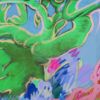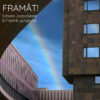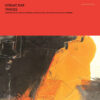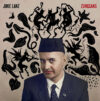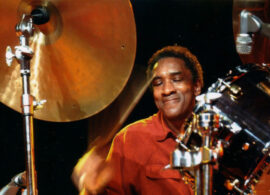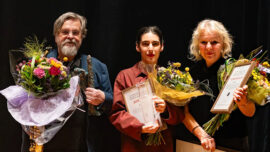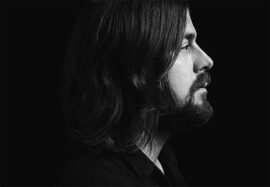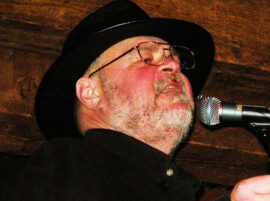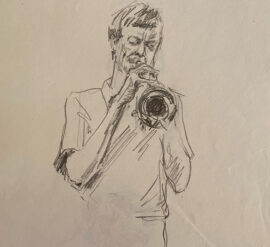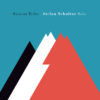
German pianist-composer-educator Stefan Schultze planned «System Tribe» as «a healthy reaction to the information overkill of our time». Every piece on his debut album as soloist is different, but all offer surprising, daring and even futuristic sonic characteristics of the piano, extended by assorted preparations, special microphone setups, a bit of overdubbing and some bubbling sounds of the Fender Rhodes.
Schultze is always conscious of the structure of the new pieces, still, challenges himself as a composer, player or his conception of the piano itself. Obviously, Schultze compositions are influenced by the seminal work of of John Cage, negating the familiar sounds of the piano and incorporating sonic elements from abstract sound art, noise music, minimal music and even techno. His solo pieces suggest independent sound habitats, with strong auditory images, surrealist, alien, dreamy or simply industrious and distorted images. Some of these piece flow organically, others surrender to disciplined or chaotic patterns.
The opening title-piece sounds as his homage to Steve Reich school of minimalism, a blend of West-African percussion instrument, balafon, with Javanese gamelan music, charming with its hypnotic, electrifying rhythmic patterns. The following «Silva» sails through different kind of minimalist atmospheres, cosmic and distant. «Culture Vulture» drills deep into a tough, industrial pulse, patiently colors it with nuanced rhythmic layers until it blossoms as an addictive techno pulse. «Return» do return to minimalist territories, but this time to ones that brings to mind the work of Belgian Wim Mertens. «Fracking» sounds as an angry comment on the anti-environmental method of extracting oil from deeper layers of the ground, noisy and redundant. «Rooftop» suggest a delicate and dreamy exotic melody. And «Tong-Gu» experiments again with arranging alien, industrial sounds in loose techno rhythmic patterns.
All these sonic experiments lead to the longest and most impressive piece here, «Fade». This quiet, almost silent meditative composition simply repeats a single chord, let it ring and resonate until it fades into silence again, and repeats this pattern again and again as in a spiritual ritual. This modest, repetitive sonic action has an immediate, emotional impact. It transforms the listening process to an untimely experience and stresses new ways of grasping elements of time, space and sound, much as John Cage wanted his listeners to experience.
Eyal Hareuveni
Stefan Schultze (p, Fender Rhodes)



